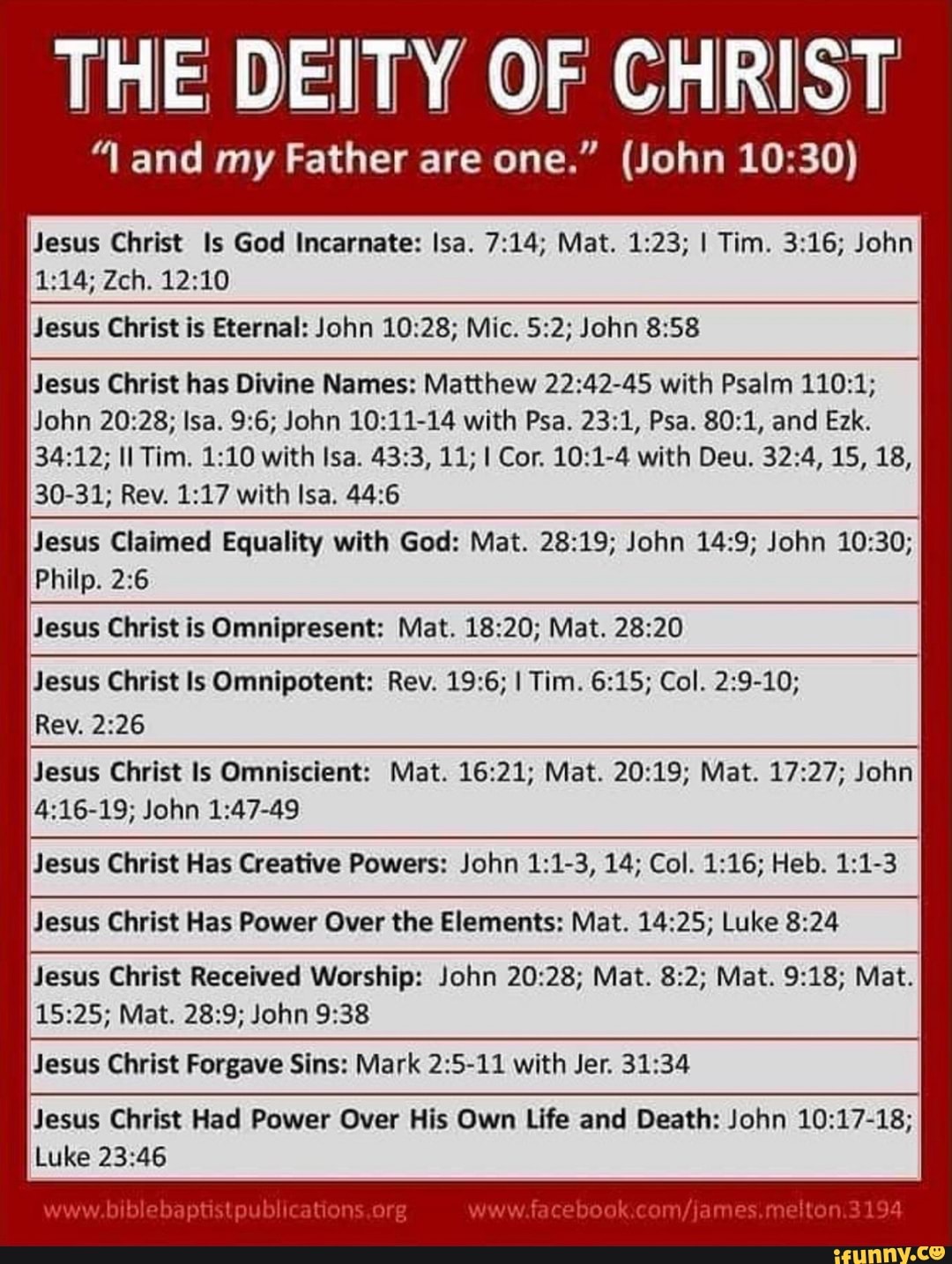

Similarly, in Psalms 139, compare verse 2 with verses 7, and verses 13. That no denial of the omnipresence of being is intended may be seen from Jeremiah 23:24, where in the former half of the verse the omnipresence of 23:23 is expressed in terms of omniscience, while in the latter half the idea finds ontological expression. The writers in these passages content themselves with describing the practical effects of the attribute without reflecting upon the difference between this and its ontological aspect the latter is neither affirmed nor denied. But it is plain that in this antithetical form such a distinction is foreign to the intent of the Biblical statements in question. This observation has given rise to theories of a mere omnipresence of power or omnipresence by an act of will, as distinct from an omnipresence of being. Although sometimes it speaks of God's omnipresence with reference to the pervasive immanence of His being, it frequently contents itself with affirming the universal extent of God's power and knowledge ( Deuteronomy 4:39 10:14 Psalms 139:6-16 Proverbs 15:3 Jeremiah 23:23,24 Amos 9:2).ģ. The Bible does not draw these distinctions in the abstract. In treating the concept philosophically, it is of importance to distinguish between its application to the essence, to the activity, and to the knowledge of God.

Another point, in regard to which the popular nature of the Scriptural teaching on this subject must be kept in mind, concerns the mode of the divine omnipresence.

Thus, the very term "omnipresence" in its two component parts "everywhere" and "present" contains a double inadequacy of expression, both the notion of "everywhere" and that of "presence" being spacial concepts. This metaphysical conception of transcendence above all space is, of course, foreign to the Bible, which in regard to this, as in regard to the other transcendent attributes, clothes the truth of revelation in popular language, and speaks of exemption from the limitations of space in terms and figures derived from space itself. The philosophical idea of omnipresence is that of exemption from the limitations of space, subjectively as well as objectively subjectively, in so far as space, which is a necessary form of all created consciousness in the sphere of sense-perception, is not thus constitutionally inherent in the mind of God objectively, in so far as the actuality of space-relations in the created world imposes no limit upon the presence and operation of God. Philosophical and Popular Ideas of Omnipresence: Thus conceived, the attribute is but the correlate of the monotheistic conception of God as the Infinite Creator, Preserver and Governor of the universe, immanent in His works as well as transcendent above them.Ģ. That He is everywhere enables Him to act everywhere and to know all things, and, conversely, through omnipotent action and omniscient knowledge He has access to all places and all secrets (compare Psalms 139). God's omnipresence is closely related to His omnipotence and omniscience:

Neither the noun "omnipresence" nor adjective "omnipresent" occurs in Scripture, but the idea that God is everywhere present is throughout presupposed and sometimes explicitly formulated.


 0 kommentar(er)
0 kommentar(er)
